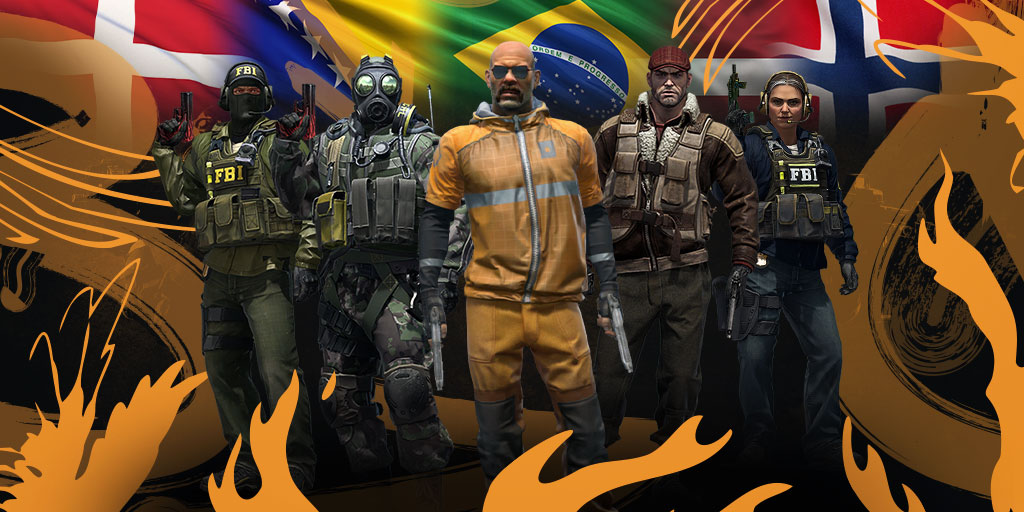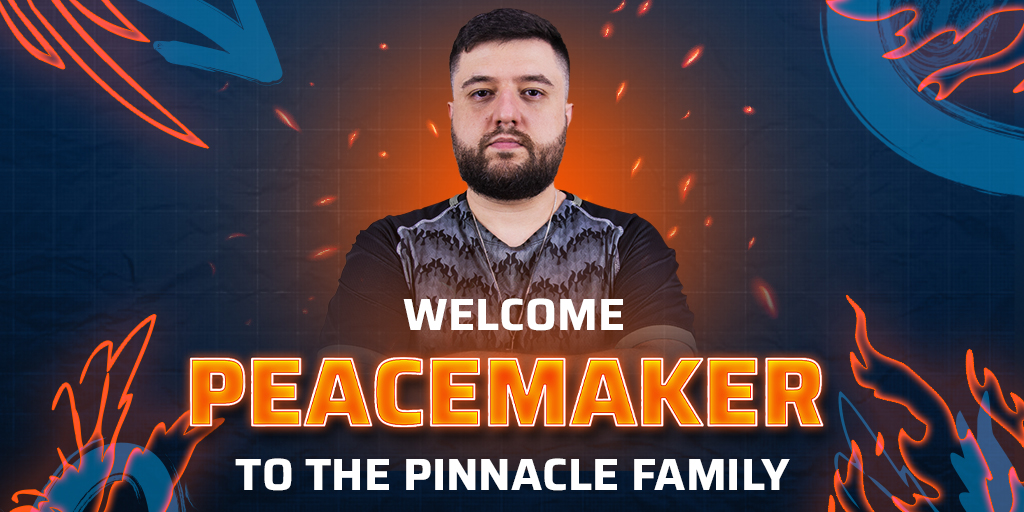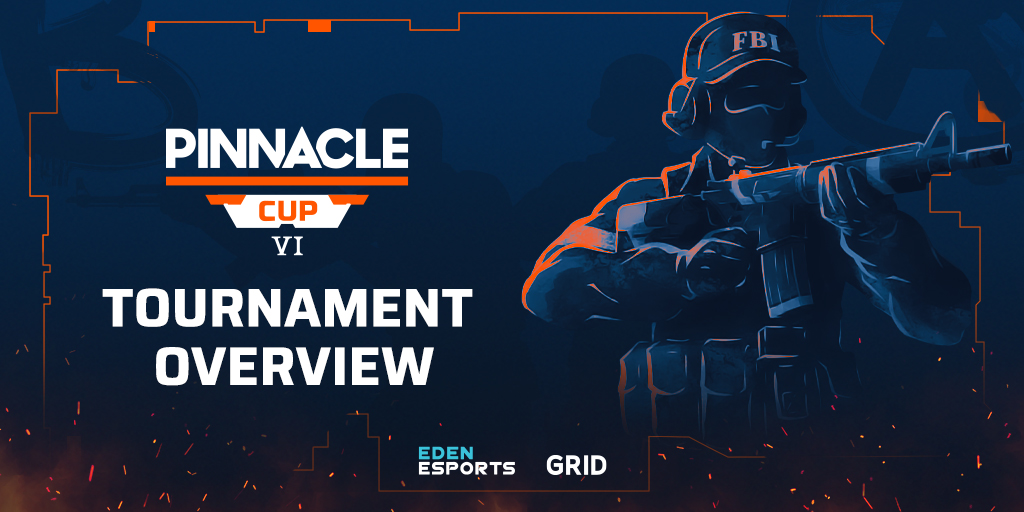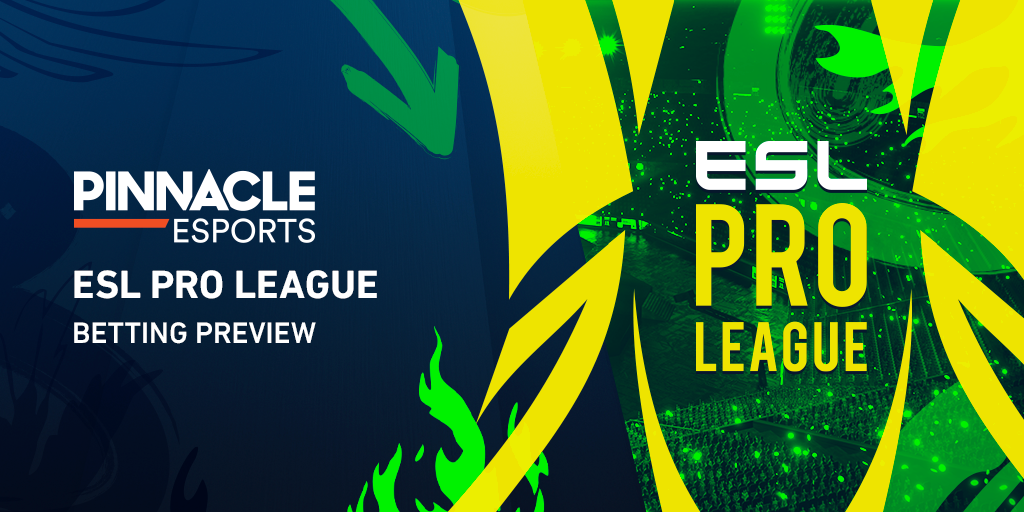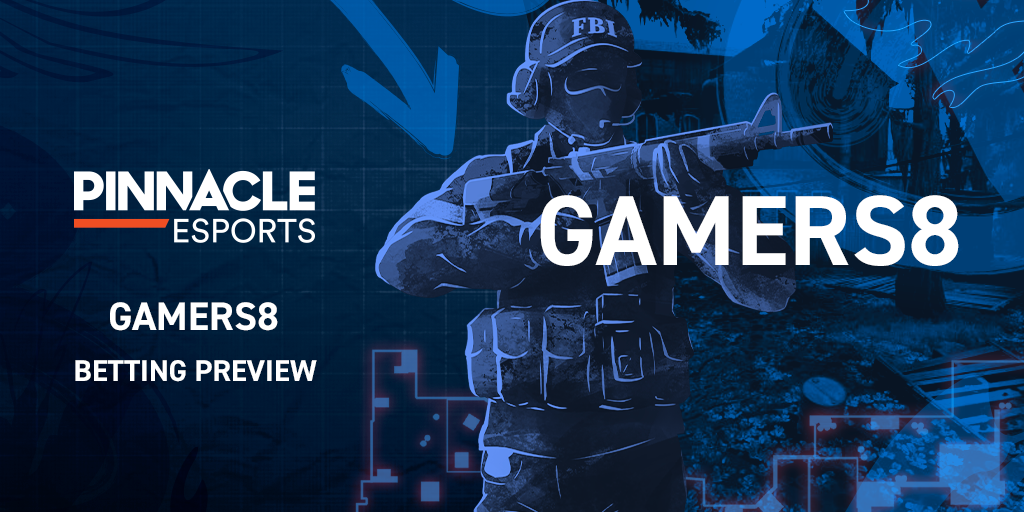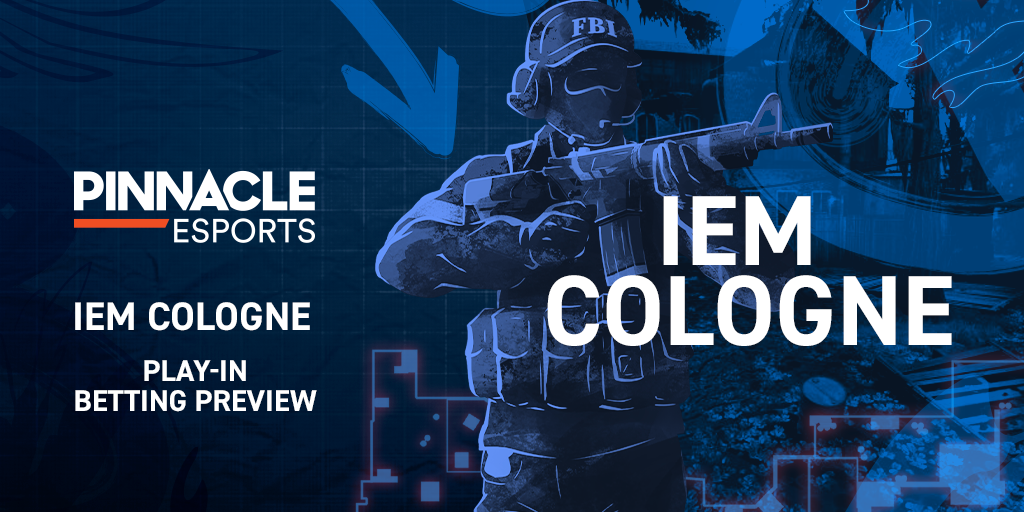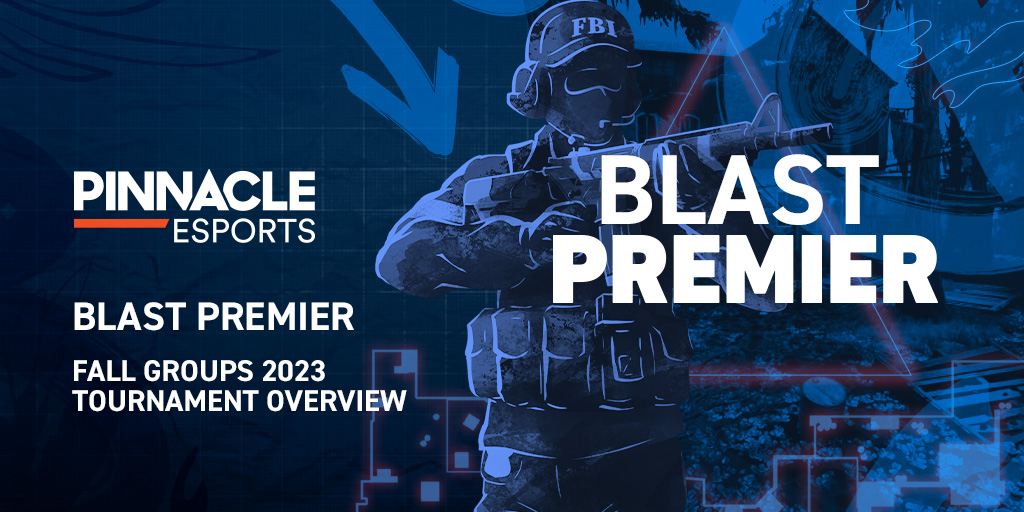We have come a long way in accepting that international rosters can compete at the highest level in Counter-Strike. Teams like FaZe and mousesports have opened up an avenue which other teams have then followed, with G2 being the latest remarkable example.
What are the defining specificities of an international roster, why do organisations decide to branch out and what are the challenges that they need to tackle? In an environment leaning a little bit more towards internationalisation every day, I want to take a moment to think out loud in your company.
Pro: Wider range of talent
The most obvious perk of breaking down national or lingual barriers is that you automatically and almost exponentially expand the list of potential players that could form a team. As such, the quantity and quality of potential candidates for a team searching for its last member improves instantly as soon as they decide to go international.
It would be disingenuous to pretend that communicating in a second or third language wouldn’t hinder performance.
I’ll even take it a step further. Bringing together players from different countries and traditions also broadens the perspective that a team might have in Counter-Strike. The best example I have in mind is the case of Nemanja "nexa" Isaković and Nemanja "huNter-" Kovač joining G2.
Notoriously, the French speaking CS:GO professionals have never really been capable of playing Mirage at a decent level. Things are changing now, but back in my day most teams would leave this map at the bottom of the list and avoid it at all costs, either as their natural veto or sixth map. When nexa and huNter joined G2, they brought with them their knowledge and understanding of the map, allowing G2 to play it at a good level very quickly.
- Read more from Maniac: The impact of fatigue on performance
I have experienced an eye-opening international experience myself when I was still playing CS 1.6. At the end of my career on that version, I moved from EPS Alpen to EPS Germany and I discovered communication that was much more streamlined and “to the point” than the one we used in my French speaking teams. I learnt how to communicate efficiently and I could only do that because I started playing with players that had a different approach.
Con: Communication barriers
Communication in itself is usually the rightful go-to point when discussing the limits of an international roster. It would be disingenuous of me to pretend that communicating in a second or third language at the highest level wouldn’t hinder performance.
I would argue that you will only truly sense the limitations of communication in extreme situations. At the top level, Counter-Strike is a game of such fine details that one or two seconds might be the difference between winning or losing 16:14. The two elements you need to put together to fluster an international roster’s communication are pressure and surprise.
Under these circumstances, when something does not go according to plan or when an opponent appears in an unusual position or surprises someone, they will find themselves looking for the right word, requiring an extra effort that might take the infamous additional second that’ll ruin everything.
However, I want to point out that communicating in a second language also has advantages. Due the evidently more limited vocabulary available to hand, teams usually have cleaner communication with less interference stemming from unnecessary discussions and complaints.
At least, this was my experience when I played in international teams. We would get to the point without dressing up our sentences with complaints and unconstructive remarks.
Bonding with teammates
Finally, one of the most criminally underrated challenges that international rosters face is the quality of the bonds between the players. It is my belief, which can be up for debate, that a roster with great bonds between its members becomes more than the sum of its parts.
During my 1.6 career, I moved regions and discovered communication that was much more streamlined and “to the point” than the one we used in my French speaking teams.
Feeling committed to a group of people and part of something bigger than yourself can be a defining factor in giving the extra effort that’ll make the difference in the long run. The creation of this psychological entity that is “the team” happens not only on the server, but also outside of it.
It happens before practices begin and after they are finished when people are still hanging out on communication channels. It happens when travelling to an event, having dinner the night before an official or spending extra time together on days off. Here, not speaking your mother tongue can be an obstacle to truly connecting with other people.
Specifically, when teams have “groups” of people that speak the same language originally, the risk is to fall back on their most comfortable language and leave out the rest of the group. People don’t do it because they actively want to seclude from the rest of team, they do it because our brain is accustomed to doing what takes the least amount of effort and speaking your mother tongue isn’t any effort at all.
In that sense, I encourage managements to be strict about mixing up people, in hotel rooms, sitting at the table in restaurants or any other activities that they might engage in. It even should be an individual conscious effort to stick to English in order to “be part of the group” and nurture the entity that it is becoming.

